Last week, on the 9thof December 2022 was the world’s anti-corruption day to raise maximum awareness about the vice which has eaten the fabric of most African governments. The Anti-Corruption Day has been observed annually, on 9 December, since the passage of the United Nations Convention Against Corruption on 31st October 2003, to raise public awareness for anti-corruption.
It’s actually believed that if it was not for the incessant corruption, Africa should have achieved middle income status a long time ago. According to the available official records from a survey conducted by the Inspectorate of Government, Uganda alone loses UGX20Tn every year to corruption. For starters that amount is half of Uganda’s overall economy. The IGG together with the German Society for International Co-operation conducted a survey in various government departments and discovered that Uganda loses money in almost each of the sectors of the economy.
According to the same survey, at least 131 billion Shillings is lost through taxation, 459 billion Shillings lost in user fees utilities, another 820 billion Shillings lost in natural resources, and 15 billion Shillings lost in environmental degradation. UGX2Bn is lost as a result of absenteeism in government departments, UGX451Bn in health care and education services, UGX86Bn in security provision, UGX590Bn in procurement and budgeting and, UGX233Bn in regulation.
Without boring you with the figures and statistics, we need to discuss corruption on its own and figure out how it has managed to thrive this long. While appearing on one of the radios in town, one vocal member of parliament for Nakaseke, Hon Luttamaguzi said that the NRM government is as inseparable with corruption as Siamese twins. And he insisted that killing one of the two leads to an immediate death of the other.
While it’s easier to lament and show concern about it and even castigate it as an evil, we need to appreciate the reality that it’s a very difficult vice to curb completely. Corruption is as old as the bible itself. In that holy book, we read that when Jesus Christ was crucified, the four soldiers who were in charge of his execution divided the expensive robe he was putting on and sold it for twenty pieces of silver.
The Nakaseke MP was saying the right things but he went off the mark when he strongly misled the listeners by saying that the former leaders, meaning Presidents Apollo Milton obote and Gen Idi Amin,were not corrupt at all. “Bali abassajja bali bagala nyoo ensi yaabwe, tebaali babbi nakatono;” he said, loosely translated that the “former leaders were not corrupt at all because they were patriotic and loved their country with all their hearts.”
But while its true that the NRM government has been the most corrupt government in Uganda`s history, the former leaders were also as corrupt. Let’s give examples to expose the past leaders. It’s on record that before he even became President, Dr. Milton Obote conducted a wedding considered as one of the most lavishly expensive in Africa by the standards of those days.
Graced by President Frederick Muteesa and with the best man as Martin Aliker, while the Kenyan President Jomo Kenyatta was among the groomsmen, it is said to be the largest wedding in Africa’s history where the groom invited 2,000 guests; and almost half of the entire gov’t officials in attendance. The details show that the reception was at Lugogo Stadium and Parliament reportedly voted on the budget of £3,000 for 150 cases of champagne; £2,200 for 900 cases of beer; and £2,000 for new furniture for the PM’s lodge in Entebbe.
The then Prime Minister managed to waste more than ten million British pounds on that wedding. President Amin himself also conducted a wedding in 1975 that cost almost five times what Obote had spent on his wedding in 1963. When Idi Amin stormed power in 1971, his first act of corruption was to forcefully takeover the property owned by the Asians in 1972. Although there are allegations that Amin managed to compensate the Asians, there are no records to show that they were indeed compensated for the properties they had worked and toiled for very many years.
But one of the most interesting stories about corruption I want to share with you concerns the way it affected President Amin. When Amin provoked Tanzania into an unnecessary stupid war in 1979, his army was hit by a superior set of artillery which forced them to retreat. The artillery piece which was later found to be a ballistic missile bomber commonly known as saba-saba was hitting Ugandan soldiers with devastating accuracy that it would target their source pans.
When the shells of the weapon were analyzed by the Ugandan army at the army headquarters at republic house, they realized that it was a Russian made BM21 rocket bomber. Amin promptly sent one of his trusted officers to go abroad and purchase ammunition that would counter the artillery of the Tanzanians. But the said official NEVER reached Russia or anywhere to purchase the weapons.
Meanwhile, by the time Gen Amin realized that the officials he sent was not going to return, the Tanzanians had advanced and were already in Mpigi with plans to overrun Kampala. Amin was faced with only one option of fleeing the country to save his life. That act of corruption is one of the factors blamed for the fall of Amin in 1979. Therefore, to claim that former governments were not corrupt is not only wrong, but its erroneous and misleading.
The overall truth is that although Apollo Milton Obote and Idi Amin were also corrupt in some ways, President Museveni’s government has taken corruption to another level. In fact, while Museveni has managed to survive for long, he has been lucky not to fall victim to corruption like Amin was in 1979. Remember the war in the north was prolonged, because the procurement officers were buying faulty ammunitions, defunct military helicopters and exaggerating numbers of the armed personnel at the frontline.
Without corruption, Joseph Kony would never have lasted more than five years. But it was corruption that allowed it because the officers manipulated the war efforts as an opportunity to make money. And while Hon Luttamaguzi claims that corruption is serving the regime well like Siamese twins, it’s safe to also suggest that its most likely to be the number one cause of Museveni’s downfall. Just like President Idi Amin was brought down because of corruption, there is a good chance that the current government might fall by the same sword.
Author Profile

- Fred Daka Kamwada is a seasoned journalist, blogger and political analyst for over a decade in Uganda
Latest entries
 BusinessJanuary 20, 2023Economic Crumps: Pres Museveni Should Institute a Salaries, Wages Commission to Reduce the Awful Public Expenditure
BusinessJanuary 20, 2023Economic Crumps: Pres Museveni Should Institute a Salaries, Wages Commission to Reduce the Awful Public Expenditure BusinessJanuary 9, 2023Tougher Times Ahead as China is Most Likely to Attack Taiwan and Send the 2023 Global Economy into a Terrible Spin
BusinessJanuary 9, 2023Tougher Times Ahead as China is Most Likely to Attack Taiwan and Send the 2023 Global Economy into a Terrible Spin FeaturedJanuary 5, 2023Tell Not the Lies: Juggling into The Two Embarrassing Falsehoods President Yoweri Museveni Told the Nation Last Year
FeaturedJanuary 5, 2023Tell Not the Lies: Juggling into The Two Embarrassing Falsehoods President Yoweri Museveni Told the Nation Last Year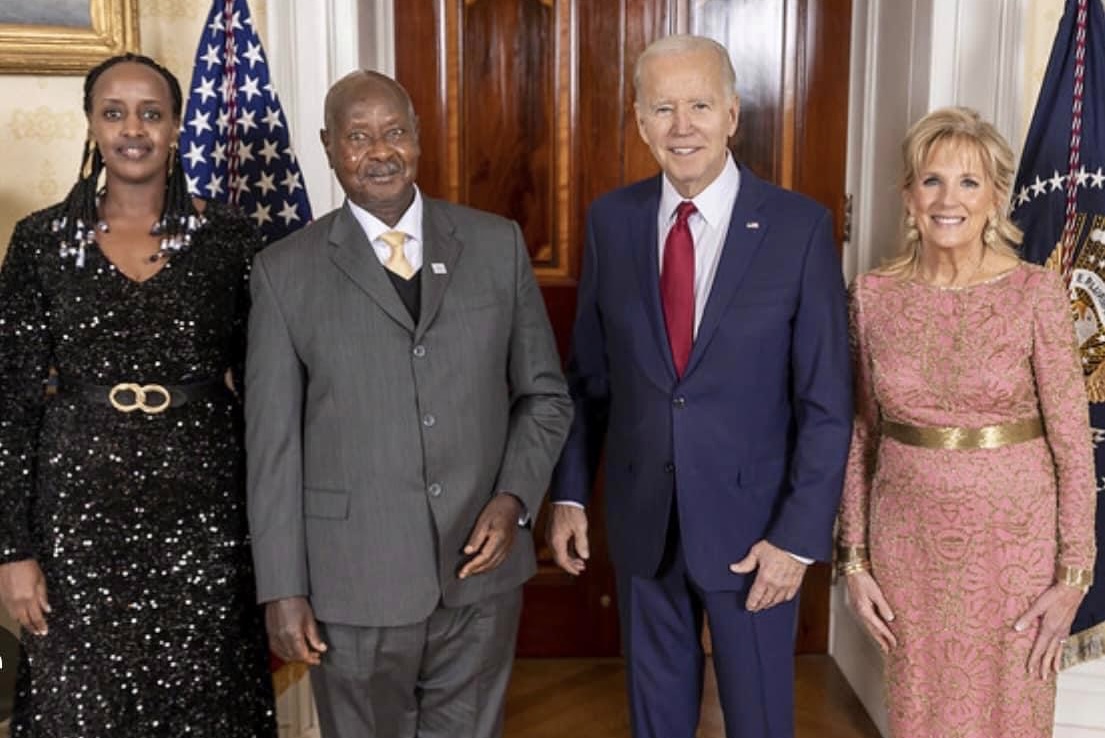 FeaturedDecember 26, 2022US-Africa Summit: Reasons Why President Museveni’s Agitation for ITTS With America Is Shallow, Unrealistic and Untenable
FeaturedDecember 26, 2022US-Africa Summit: Reasons Why President Museveni’s Agitation for ITTS With America Is Shallow, Unrealistic and Untenable




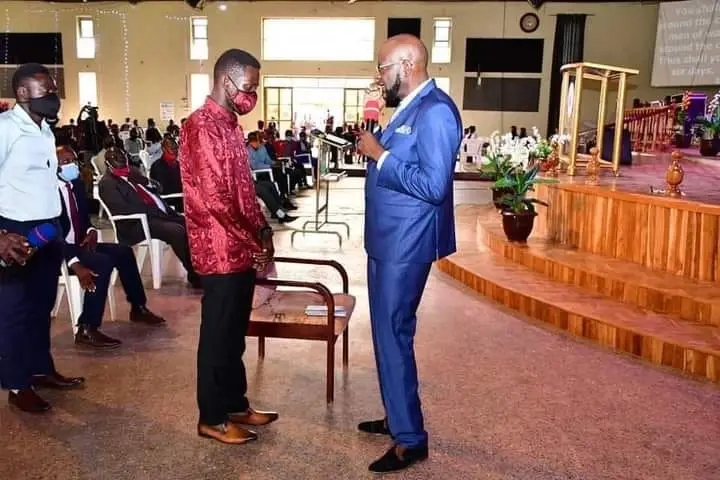
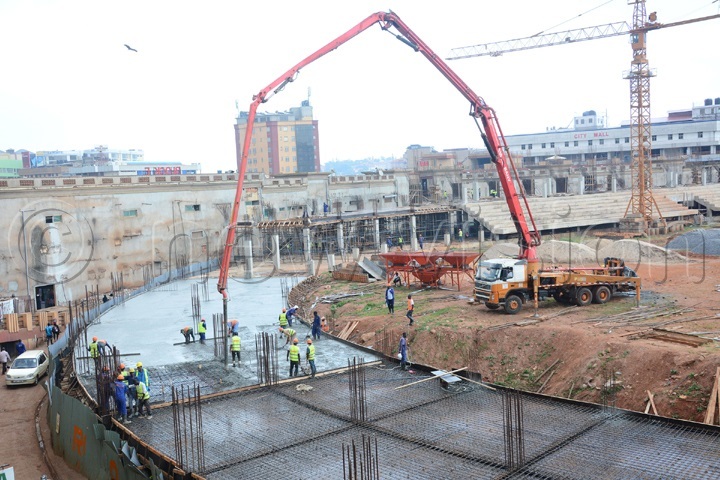




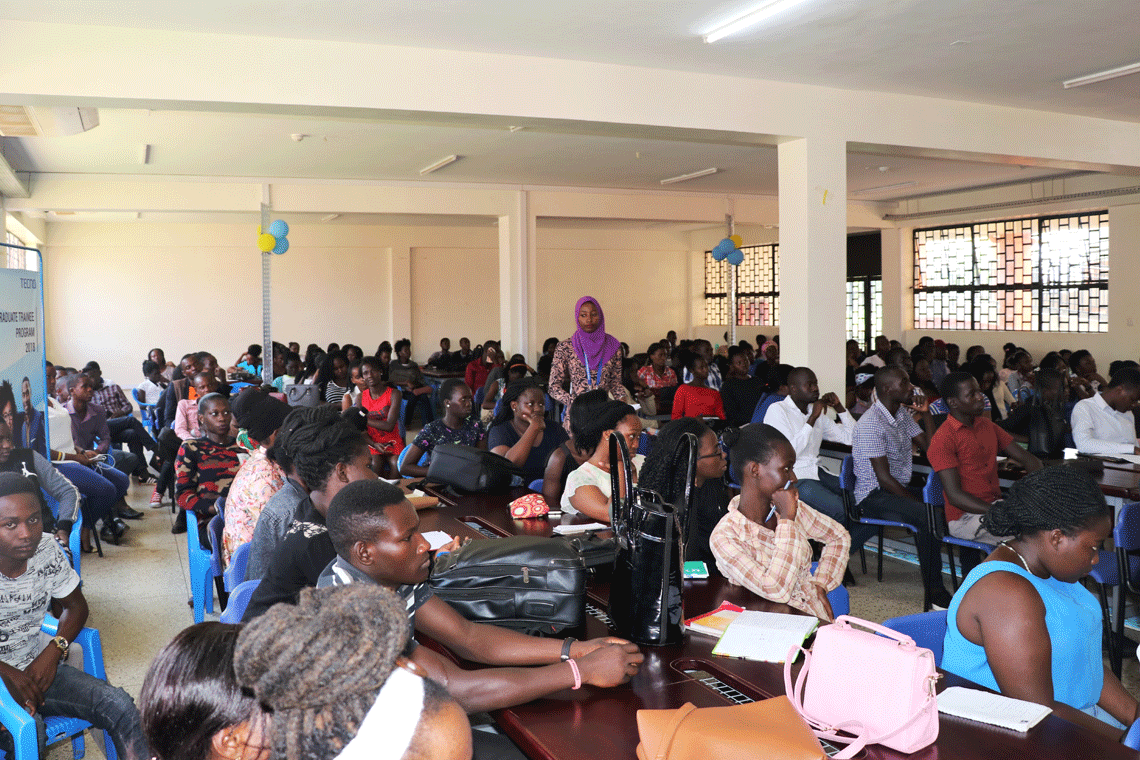
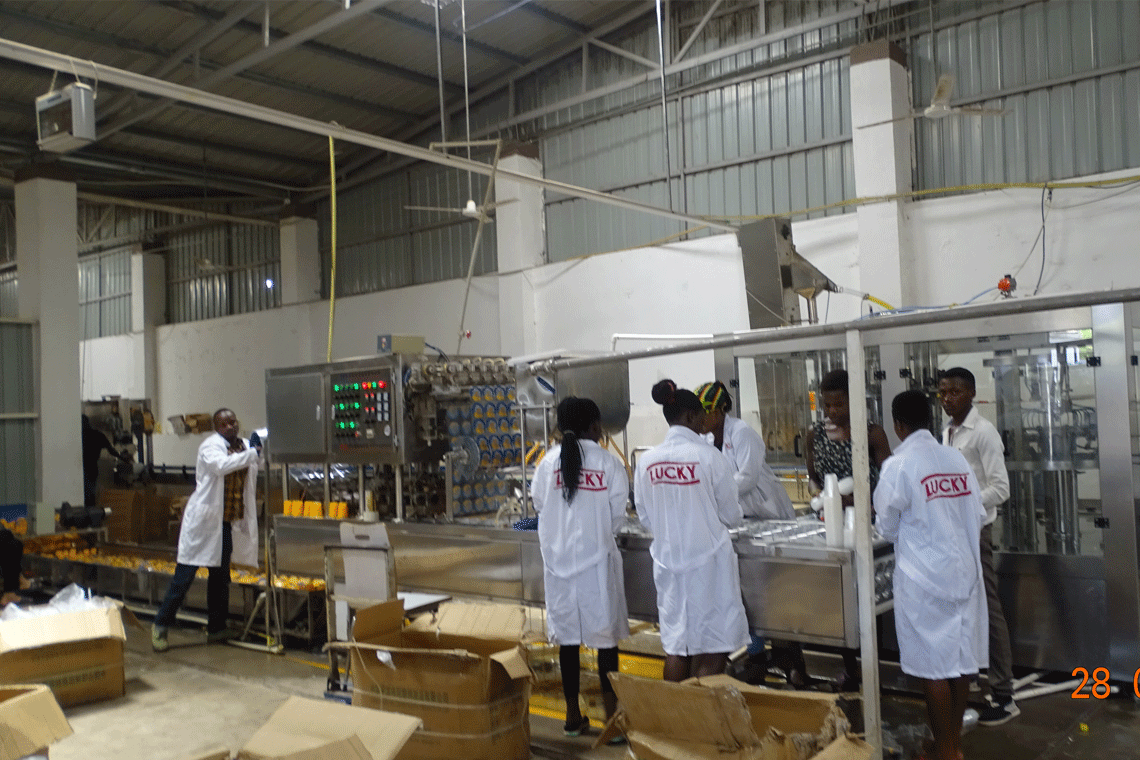









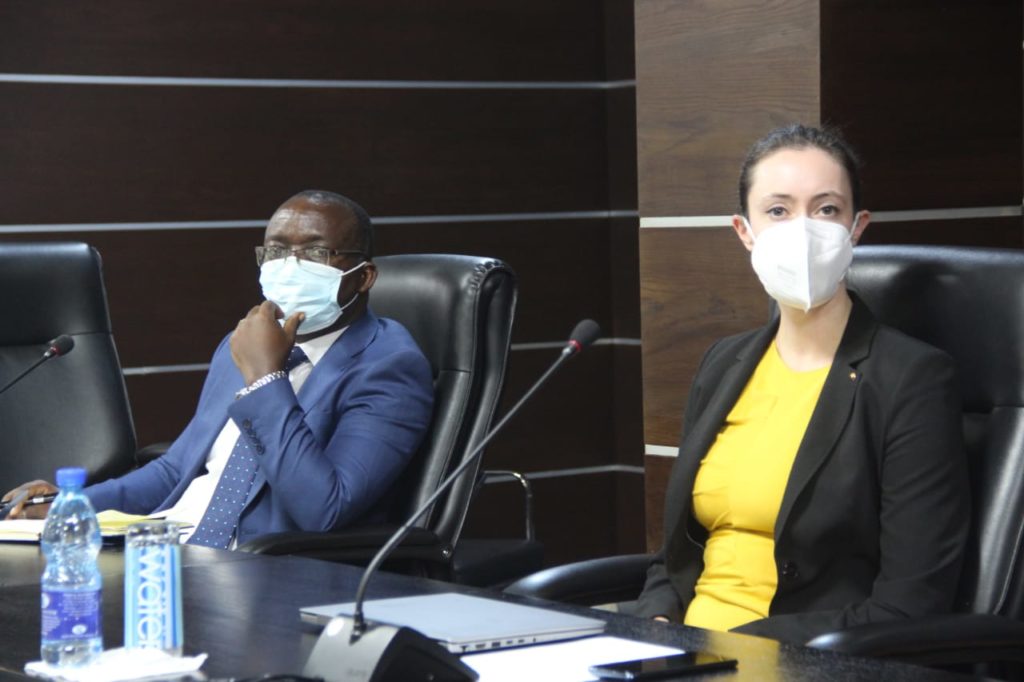
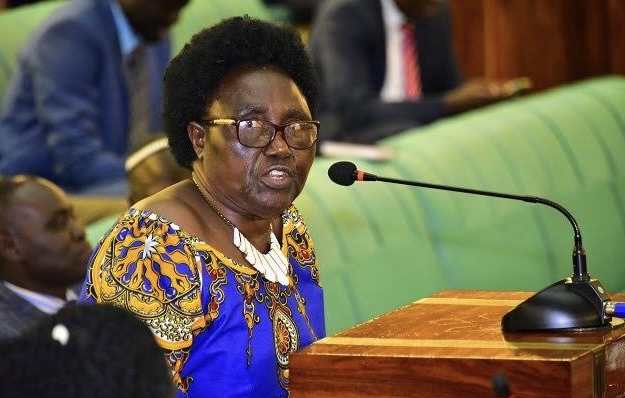
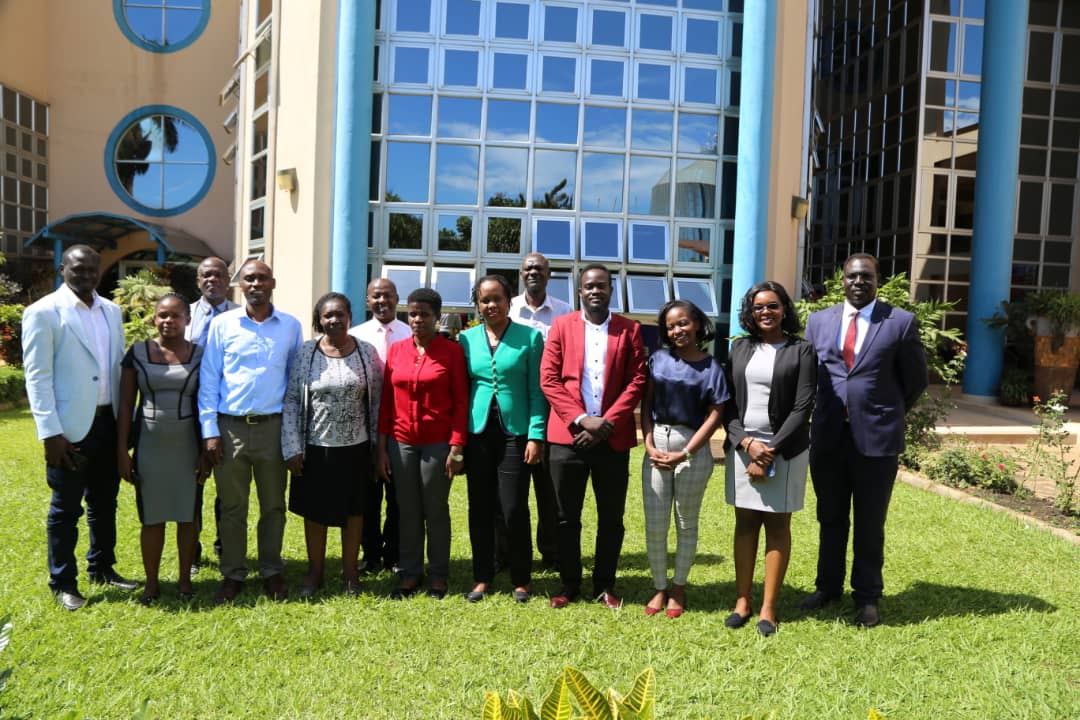

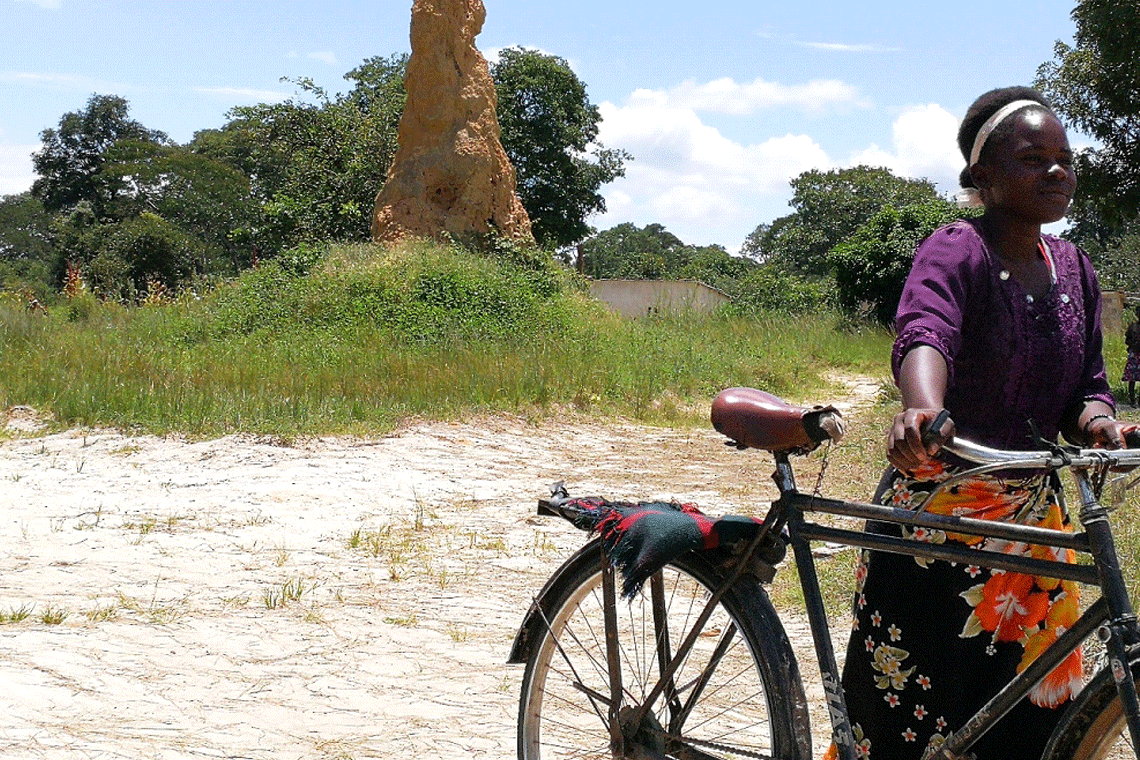






Kamwadda, may what you are saying here is JUST like 1% of Reality, if you put your Ear to the Ground, you will be surprised for example why Shoprite Left Uganda, just like you may not know why MOVI is now in Zambia when it is owned by a Ugandan Birungi, ask that Arkright fellow the recent news and ppaaa, there is a lot people are Talking in the “Kolido”!